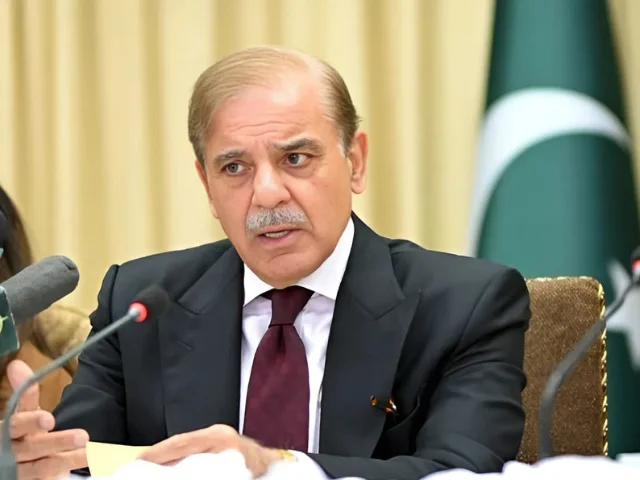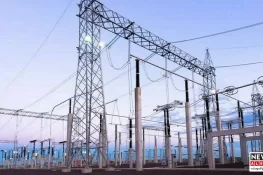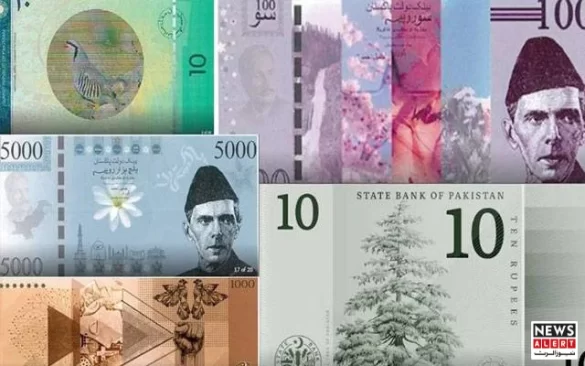Prime Minister Orders Urgent Talks with IMF
Prime Minister Shehbaz Sharif has directed Pakistan’s Ministry of Finance to initiate immediate discussions with the International Monetary Fund (IMF) to provide electricity bill relief for citizens affected by recent floods.
According to government sources, the proposal under consideration would exempt flood-hit households and businesses from paying electricity bills for one month. Officials stress that the relief would apply equally to both rural and urban flood-affected regions to ensure that no community is overlooked.
The prime minister has tasked the finance ministry with presenting a detailed relief package to the IMF, aiming to secure the lender’s approval before implementation.
Widespread Flooding and Its Impact
Torrential rains and overflowing rivers have triggered widespread flooding across parts of Pakistan in recent weeks. The worst-hit areas include low-lying districts along the River Chenab, where dozens of villages have been cut off due to rising water levels.
The flooding has damaged homes, roads, and agricultural land, leaving thousands stranded. In addition, urban centers have struggled with what officials describe as “urban flooding,” as outdated drainage systems failed to cope with heavy monsoon rains.
Pakistan is among the countries most vulnerable to climate change. According to the Global Climate Risk Index 2021, it ranks among the top 10 nations affected by extreme weather events. The government’s new policy proposals seek to address both immediate relief and long-term urban flood management.
Government Plans for Urban Flooding
In addition to bill exemptions, the government has decided to develop a new framework to manage urban flooding. Officials say the policy will focus on strengthening drainage infrastructure, upgrading storm-water systems, and improving early-warning mechanisms.
The goal, according to planners, is to prevent the type of severe disruption witnessed in cities this monsoon season, where heavy downpours inundated neighborhoods, disrupted electricity supply, and caused health concerns due to stagnant water.
Relief Operations Accelerated
On the prime minister’s instructions, the National Disaster Management Authority (NDMA) has intensified relief operations in flood-hit districts. A fresh consignment of supplies has been dispatched from NDMA’s central warehouse in Islamabad to Punjab province, where floodwaters have displaced thousands.
The relief package includes tents, blankets, quilts, mosquito nets, folding beds, water containers, and mobile water filtration plants. Seventeen boats have also been sent to aid rescue operations in cut-off areas.
NDMA officials reported that nearly 2,000 tons of relief goods have already been delivered to affected regions since the onset of floods. The supplies are being handed over to the Provincial Disaster Management Authority (PDMA) Punjab, which is coordinating with local administrations for distribution.
Coordination Between Civil and Military Agencies
The NDMA confirmed that it is working closely with both civilian and military institutions to ensure timely assistance. Continuous monitoring of the situation is being carried out, with special focus on vulnerable areas along the River Chenab.
Military personnel have been deployed to assist in rescue operations where road access has been cut off. The cooperation between different agencies highlights the scale of the challenge, as both logistical and humanitarian needs continue to grow.
A Test for Government and Communities
The floods once again underscore Pakistan’s recurring struggle with natural disasters. Each monsoon season brings new challenges for communities already facing economic hardship. According to the World Bank, nearly 40% of Pakistan’s population is vulnerable to climate-related shocks, including floods and droughts.
By seeking IMF approval for bill exemptions, the government hopes to ease immediate financial pressure on families already grappling with loss of property, livelihoods, and access to basic services. However, experts warn that without long-term infrastructure investment, short-term relief measures will not be enough.
Looking Ahead
As relief operations continue, the government faces a dual challenge: responding swiftly to current humanitarian needs while planning for more resilient infrastructure to withstand future climate shocks.
Prime Minister Sharif’s directive to engage the IMF marks an important step in mobilizing international support. But success will depend on how quickly relief reaches those stranded in flood-hit villages and how effectively new policies address the root causes of recurring urban flooding.














